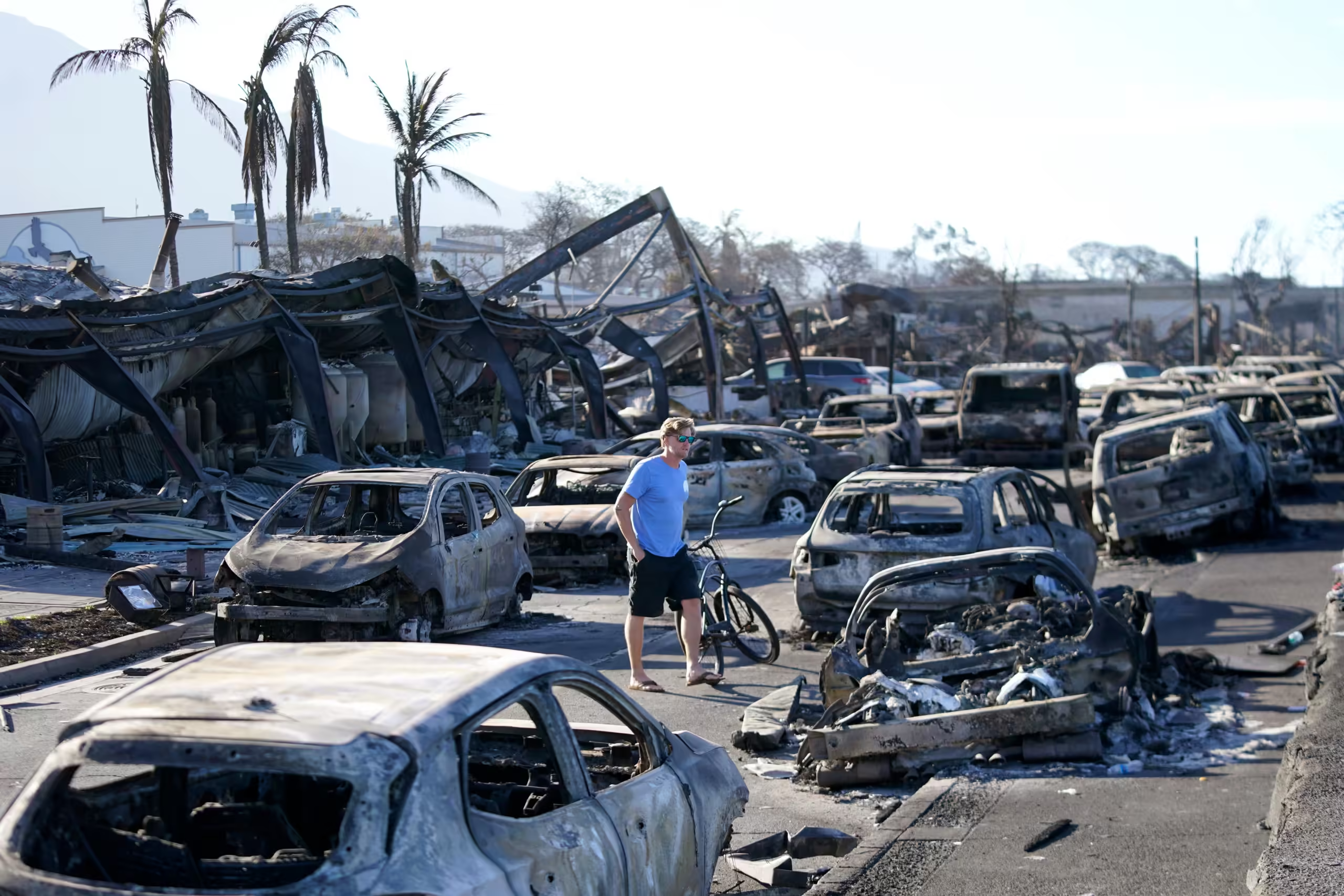
maui fire
Introduction:
Maui fire, often hailed as the “Valley Isle” of Hawaii, is known for its stunning landscapes, pristine beaches, and vibrant culture. However, in recent years, the island has faced a growing threat: wildfires. The Maui fire crisis has not only posed significant challenges to the island’s ecosystems and communities but has also highlighted the urgent need for proactive measures to mitigate the impact of these devastating infernos. In this article, we delve into the causes, consequences, and responses to the Maui fire crisis, shedding light on the ongoing battle against nature’s fury.
Understanding the Maui Fire Crisis:
The Maui fire crisis refers to a series of wildfires that have ravaged the island of Maui, causing widespread destruction to forests, wildlife habitats, and human settlements. These wildfires, fueled by a combination of dry conditions, strong winds, and human activity, have posed significant challenges to firefighters and emergency responders, stretching resources to their limits and threatening lives and livelihoods.
Causes of Maui Fires:
The causes of Maui fires are multifaceted, often stemming from a combination of natural and human factors. Dry and windy conditions, exacerbated by climate change, create ideal conditions for wildfires to spread rapidly across the island’s rugged terrain. Additionally, human activities such as campfires, discarded cigarettes, and agricultural burns can ignite fires that quickly spiral out of control, posing a grave threat to Maui’s ecosystems and communities.
Impact on Ecosystems:
The Maui fire crisis has had a profound impact on the island’s diverse ecosystems, including its native forests, grasslands, and coastal habitats. These ecosystems, home to unique plant and animal species found nowhere else on Earth, have been devastated by the wildfires, leading to habitat loss, fragmentation, and degradation. The loss of critical habitats and biodiversity poses long-term ecological consequences, affecting ecosystem services such as soil stabilization, water filtration, and carbon sequestration.
Threat to Communities:
Beyond its ecological toll, the Maui fire crisis has also threatened human communities, posing risks to lives, property, and infrastructure. Evacuations, road closures, and power outages are common occurrences during wildfire events, disrupting daily life and straining emergency response efforts. In addition to immediate safety concerns, wildfires can have lasting impacts on public health, air quality, and economic stability, further exacerbating the challenges faced by Maui’s residents and businesses.
Response and Recovery Efforts:
In the face of the Maui fire crisis, coordinated response and recovery efforts have been essential in mitigating the impact of wildfires and safeguarding the island’s natural and human resources. Firefighters, emergency responders, and volunteers work tirelessly to contain wildfires, protect communities, and support evacuation and sheltering efforts. Additionally, investments in fire prevention, detection, and suppression technologies, such as firebreaks, aerial firefighting, and early warning systems, are critical in reducing the risk of future wildfires and enhancing resilience to fire-related hazards.
Community Engagement and Preparedness:
Community engagement and preparedness play a vital role in building resilience to wildfires and fostering a culture of safety and stewardship on Maui. Public education campaigns, community workshops, and outreach initiatives raise awareness about wildfire risks and promote proactive measures such as defensible space, fire-safe landscaping, and evacuation planning. By empowering residents to take ownership of their safety and the protection of their surroundings, communities can enhance their capacity to withstand and recover from wildfire events.
Conclusion:
The Maui fire crisis serves as a stark reminder of the complex challenges posed by wildfires and the urgent need for collective action to address the underlying drivers of fire risk. By understanding the causes, consequences, and responses to wildfires, we can work together to protect Maui’s precious natural resources, safeguard communities, and build resilience to future fire-related hazards. Through collaboration, innovation, and commitment to stewardship, we can overcome the Maui fire crisis and ensure a sustainable future for generations to come.







